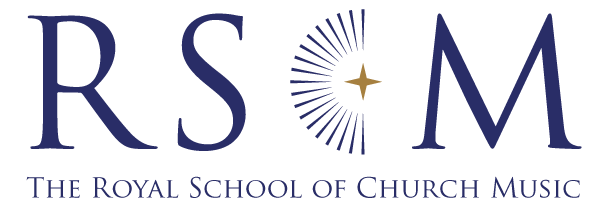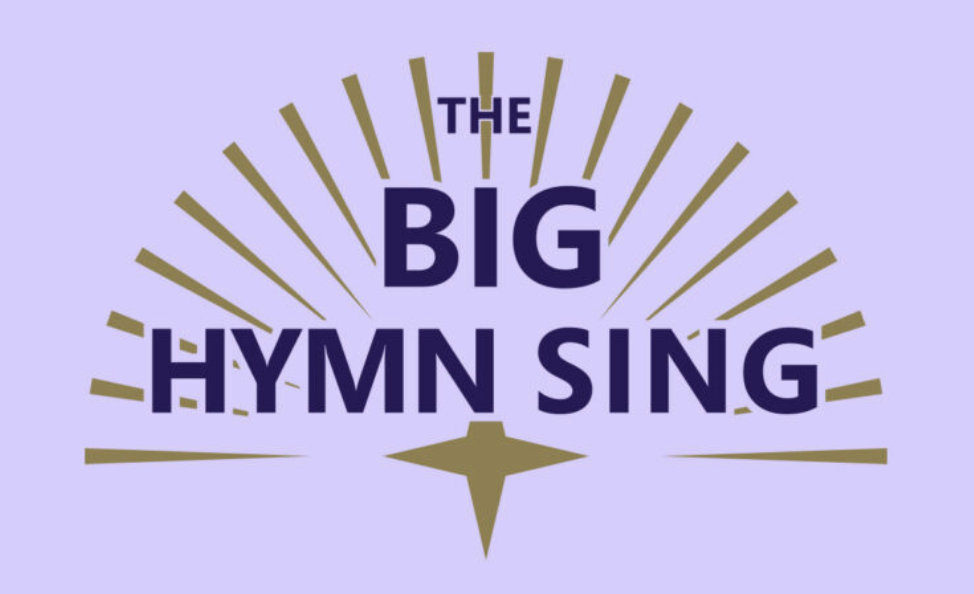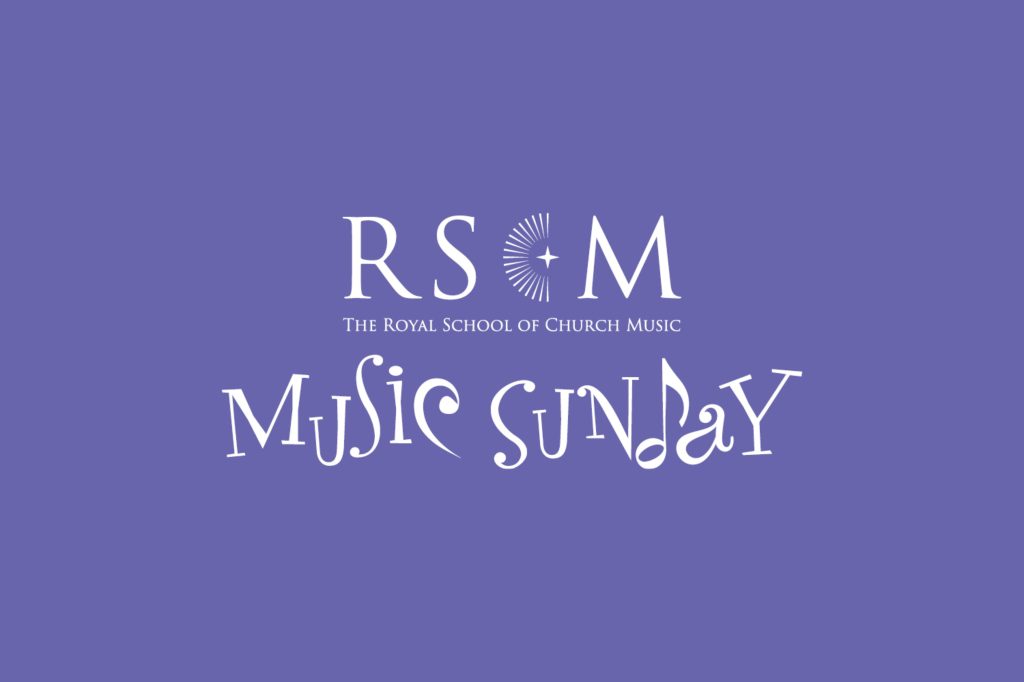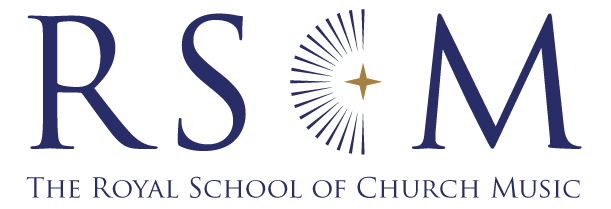A SEASON TO SING by British composer Joanna Forbes L’Estrange is a brand new 40-minute work for SATB choir/organ or piano, inspired by Vivaldi’s The Four Seasons

A Season To Sing will be published by the Royal School of Church Music (RSCM) in 2025, marking 300 years since the publication of The Four Seasons. This choral re-imagining of Vivaldi’s enduringly popular set of violin concertos weaves texts from poetry and the Bible on the subject of spring, summer, autumn and winter into Vivaldi’s much-loved melodies. It will also include a new setting by Joanna Forbes L’Estrange of Ecclesiastes 3:2 – To everything there is a season. With its seasonal theme, A Season To Sing can be performed at any time of the year, and is expected to become a firm favourite with choirs throughout the world.
Joanna Forbes L’Estrange recalls, “The Four Seasons is the first piece of music I can remember hearing from my childhood. I used to dance around the sitting room to it! I thought a great way to mark its 300th anniversary would be to make it possible for choirs to perform it. Vivaldi’s tunes are so magnificent they deserve to be sung!”
To make this commission possible, the RSCM is inviting choirs to contribute £300 ($500) each to participate in this project, for which each choir will:
- have the opportunity to perform the piece before its general publication
- meet Joanna Forbes L’Estrange for a Q&A session via zoom
- be listed in the vocal score as one of the commissioning choirs
- receive a limited-edition, hardback copy of the vocal score, signed by the composer
This exciting opportunity is open to all choirs, large and small, professional and amateur, and to individual supporters. Deadline for registering – 31 August 2024.
To find out more, please visit
https://www.rscmshop.com/features/a-season-to-sing
Joanna Forbes L’Estrange (b.1971) is a multifaceted musician who performs, composes, records, directs and produces music in a wide variety of genres. Her career began with seven years as soprano and Musical Director of the five-time Grammy® award-winning vocal group The Swingles, with whom she toured the world and produced six albums. Specialising in contemporary crossover music, Joanna is a regular soloist for Mass in Blue by Will Todd (which she recorded for the Convivium label) and Duke Ellington’s Sacred Concert. With the world’s leading orchestras and contemporary music ensembles she performs works by Steve Reich and Luciano Berio and has sung on over 300 film soundtracks.
One of the Royal School of Church Music’s best-selling composers, Joanna was commissioned to compose an anthem to mark the coronation of King Charles III. The Mountains Shall Bring Peace was sung by over 600 choirs around the world including in the USA, South Africa, Australia, New Zealand and throughout Europe and the UK. Her music has been performed and recorded by Tenebrae, The King’s Singers, The Swingles, The Military Wives Choirs, The National Youth Choir and London Voices. Television credits include Fleabag, which featured her 1940s-style song You Are, and Glee, which featured her Moonlight Sonata arrangement, written for and recorded by The Swingles.
Joanna has written many songs and choral pieces in support of equal opportunities for women: We Will Remember Them (for the Military Wives Choirs of Great Britain), A Woman (Wearing Bloomers) On A Wheel (made into a film by the National Youth Girls’ Choir), Suffragette March (part of a larger work, Freedom! The Power of Song, composed in collaboration with her husband Alexander L’Estrange), A place for us maids (commissioned to mark 40 years of female undergraduates at Trinity College, Cambridge), The Three Wise Women (commissioned to mark the 135th anniversary of St Swithun’s School, Winchester) and Byrd Song (commissioned to mark the 400th anniversary of the death of William Byrd). In 2018 Joanna founded the all-female vocal group AQUILA and, in the same year, made history by organising the first ever all-female recording session at Abbey Road Studios in London, recording her single Twenty-first-century Woman for International Women’s Day.
The Royal School of Church Music
The Royal School of Church Music (RSCM) is the Salisbury-based, national, independent charity enabling the flourishing of church music. As the central ‘home’ of church music, RSCM provides relevant education, training and resources to its membership, the wider church, and beyond. It is committed to encouraging the best of music in worship, and to advocating music as a tool for growth of the church.
The RSCM supports thousands of member churches across the UK and worldwide through its international partners. In addition, it also supports many schools and Individual members, and its work is sustained by thousands of Friends, Regular Givers and other donors.
The RSCM is an open, life-long learning organisation, offering face-to-face and distance education and training through its programmes, published resources, courses and activities.
Founded by Sir Sydney Nicholson in 1927, the RSCM’s original emphases were English and choral. Now, in a diverse international context, the RSCM’s work is far broader and more diverse, and aims to make all its work ecumenical in purpose, nature and content.
His Majesty King Charles is the RSCM’S Royal Patron, and its president is The Most Revd and Rt Hon The Lord Archbishop of Canterbury. The organisation celebrates its centenary in 2027.
Registered charity no: 312828






 RSCM Director Hugh Morris says: “We were delighted that in 2022 many hundreds of choirs were united in singing a piece specially written for the late Queen’s Platinum Jubilee. Now, in 2023, we hope that even more will want to learn Joanna’s The Mountains shall bring peace and join with choirs from around the world to celebrate the first Coronation in 70 years.”
RSCM Director Hugh Morris says: “We were delighted that in 2022 many hundreds of choirs were united in singing a piece specially written for the late Queen’s Platinum Jubilee. Now, in 2023, we hope that even more will want to learn Joanna’s The Mountains shall bring peace and join with choirs from around the world to celebrate the first Coronation in 70 years.” Composer Joanna Forbes L’Estrange says: “I was keen to find words which reflected not only King Charles’s faith but also something of his passion for the natural world and his love of the outdoors. When I think of our former Prince of Wales, I picture him walking in the Welsh mountains or in the Scottish Highlands. I’m also all too aware that this Coronation is taking place during a very turbulent time for our country and our planet and so I was searching for words which would in some way give us all hope for the future. Central to the commission brief was a big, singable tune, the kind of memorable melody which anyone and everyone can enjoy singing at the tops of their voices.”
Composer Joanna Forbes L’Estrange says: “I was keen to find words which reflected not only King Charles’s faith but also something of his passion for the natural world and his love of the outdoors. When I think of our former Prince of Wales, I picture him walking in the Welsh mountains or in the Scottish Highlands. I’m also all too aware that this Coronation is taking place during a very turbulent time for our country and our planet and so I was searching for words which would in some way give us all hope for the future. Central to the commission brief was a big, singable tune, the kind of memorable melody which anyone and everyone can enjoy singing at the tops of their voices.”



